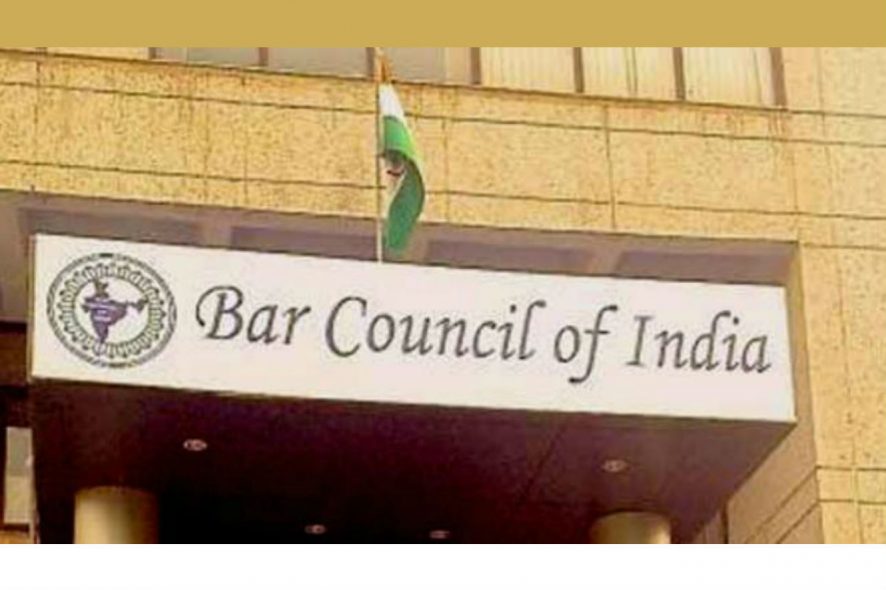In the light of the suggestions made by the Hon’ble Chief Justice of India Shri Bobde, the Bar Council is proposing to amend its Rule and to exercise the powers vested in it under Section-7 and 49 of the Advocates Act, 1961.
The Council is likely to introduce a mandatory experience clause for every new entrant at the Bar before joining the High Court and the Supreme Court. Before joining any High Court Bar a newly enrolled advocate will have to practice in a District/Taluka Court, at least for a period of two years. Any Advocate could join the High Court Bar now only after producing the certificate (as per the format prescribed by the Bar Council of India to be granted by an Advocate having a minimum standing of 15 years at the Bar and the concerned District Judge). No High Court Bar Associations can provide membership to any Advocate unless said experience certificate is produced along with the other materials to support the same.
Similarly, the Council is proposing to introduce the Rule for joining the Supreme Court Bar and to practice in the Supreme Court of India. A minimum of two years’ experience of practice at any High Court will be mandatory for practicing in Supreme Court. The said experience certificate shall be given by the concerned High Court Bar Association and the Registrar General of the High Court. The Council is also thinking to make a requirement for the minimum number of appearances in the Courts before the grant of the aforementioned certificates.
The Council is also proposing to make Continuous Legal Education (C.L.E.) for Advocates upto 10 years of practice “compulsory”. The concerned sitting and former Judges of High Courts, senior and experienced Advocates shall be requested to provide Training to Advocates on different clinical and non-clinical subjects for continuation in the legal profession. The participation in said Continuous Legal Education Programme will be mandatory. Over a period of 5 years, every Advocate shall be required to attend and undertake those training programme conducted by Bar Council of India and State Bar Council at least for 40 days. The training will be provided through Bar Councils without charging any fee from Advocates. The State Bar Councils and Bar Associations shall be required to grant certificates to the lawyers in this regard and only then their enrolments shall be deemed to be followed for continuation in the legal profession.
The Council has also appreciated the suggestion made by senior advocate and the legal luminary, Attorney General for India Shri K. K. Venugopal for enhancement of the age of retirement of High Court and Supreme Court Judges and to make it either 68 or 70 years. In fact, the Council has been making this demand for the last 3 years and it had sent a detailed letter to the Government in this regard.
In the joint meeting of all the State Bar Councils, all the High Court Bar Associations and major Bar Associations of the country to be held in January, 2020, all these issues will be discussed. The appropriate resolutions passed in the said joint meeting shall be sent to the Government for the necessary changes in the Constitution. The proposed changes to be made in the Bar Council of India Rules for inserting experience clause shall also be discussed in the joint meeting.
Bar Council of India
[Press Release dt. 22-11-2019]







